The Haitian Migrant Situation at the U.S. Border
November 8, 2021

Near the small city of Del Rio, in Texas, a crisis has been looming for days, which has garnered widespread national and international attention. Thousands of migrants, mainly from Haiti, await under a nearby bridge for the chance to potentially become U.S. citizens. However, they will have to wait days and possibly even weeks just for the chance. In the meanwhile, they live in horrid conditions with not much else but their hope of the “American Dream” to keep them going. For the citizens of Del Rio, this dramatic situation was the reality that they witnessed unfold firsthand, up until only a little over a month ago.
The situation started around the middle of September, when the first waves of Haitian migrants first arrived at the U.S.-Mexico border near the city of Del Rio, and began to camp out under the city’s International Bridge. According to CNN, “thousands of Hiatian migrants have appeared at the US-Mexico border seeking to cross the Rio Grande and find refuge in the US.” The conditions at this refugee camp are very poor, due to factors such as the heat in Texas during early fall, having little to no shade or shelter, and having little to no clean water. “They’re angry. There’s people having babies down there. There’s people collapsing out of the heat. If you guys were down there, they peek up, and they just – you can feel the desperation, the destitute of these individuals,” said Bruno Lozano, Mayor of Del Rio. Images taken of migrants living in these conditions sparked outrage from many people worldwide as well as US government officials, foreign government officials, and even leaders of other nations.
The reason so many Haitian migrants decided to come to the U.S. right now is largely due to a series of recent events which destabilized the nation of Haiti and caused hardship among Haitian citizens. According to NPR, “…Haiti, which we know has seen a lot of turmoil in recent months with a presidential assassination, a deadly earthquake. But also, people have been leaving for years now after the last devastating earthquake in 2010, economic conditions.” In response to these multiple crises which devasted the nation of Haiti, the secretary of homeland security, Alejandro Mayorkas, declared Temporary Protected Status for Haiti, meaning that Haitian nationals that were leaving in the U.S. could stay without having to be sent back for a period of at least 18 months. According to CNN, “back in May, Mayorkas announced an 18-month temporary protective status for Haitians already residing in the US, which now applies to Haitians in the country as of July 29. Mayorkas had cited ‘security concerns, social unrest, an increase in human rights abuses, crippling poverty, and lack of basic resources, which are exacerbated by the Covid-19 pandemic.’” The Temporary Protected Status of Haiti is what led many Haitian refugees to believe that they would be allowed to enter and stay in the U.S. if they arrived at the border, however, the TPS only applies to Haitian nationals who were already living in the country, not refugees seeking residence in the United States.
Throughout this entire crisis, some actions have been taken to either alleviate the poor conditions in the camp, such as providing the migrants with food, water, and other necessities. However, due to the sheer number of refugees that are currently in need of these resources, it is hard to supply the migrants with an adequate amount of resources to help all of them survive the harsh conditions. “U.S. authorities say they’re moving to try to improve conditions in the camp and that they’re providing toilet facilities, water and other help to migrants there, but they’ve clearly been overtaken by the number of migrants who are arriving,” said Alexandra Ulmer, reporter for Reuters. Other attempts have been made to clear the camp as well, and as of September 24th, the camp of Haitian refugees had been fully cleared out. Of the migrants who were living in the camp, many willingly returned to Mexico, while others either went through processing and either got accepted into the country, or were deported and put on a flight to Haiti. According to The Washington Post, “since mid-September, the Department of Homeland Security has deported about 4,000 Haitian nationals from the United States’ southern border with Mexico.”
Between both sides of the aisle, debate is raging over what should be done about this situation, and what should be done to prevent a crisis like this from occurring again in the future. Many conservatives disagree with the Biden administration’s decision to permit thousands of Haitians into the U.S. as well as believe that U.S. immigration policy should be stricter on accepting refugees from other countries. According to The Washington Post, “Authorities cleared the camp, but still critics on the right are furious over the administration’s decision to permit thousands of Haitians, some of whom made a harrowing transhemispheric trek from countries as far south as Chile, the opportunity for a hearing with an immigration judge to plead their case for asylum.” Critics on the left disagree with the Biden administration’s decision to deport thousands of Haitian migrants back to Haiti, citing the ongoing problems in Haiti as reasons why this is potentially dangerous for the refugees. Also, many on the left believe that by deporting these migrants, the Biden administration is shaping its immigration policy similar to the previous administration’s, and that the Biden administration is failing to make the changes to the immigration system that they had initially promised. “I will not be associated with the United States’ inhumane, counterproductive decision to deport thousands of Haitian refugees and illegal immigrants to Haiti, a country where American officials are confined to secure compounds because of the dangers posed by armed gangs in control of daily life,” said Daniel Foote, former U.S. Special Envoy for Haiti. Multiple U.S. officials, including Foote, have made the choice to resign from their positions after this crisis, citing disagreements with how the Biden administration handled the situation as reasoning.






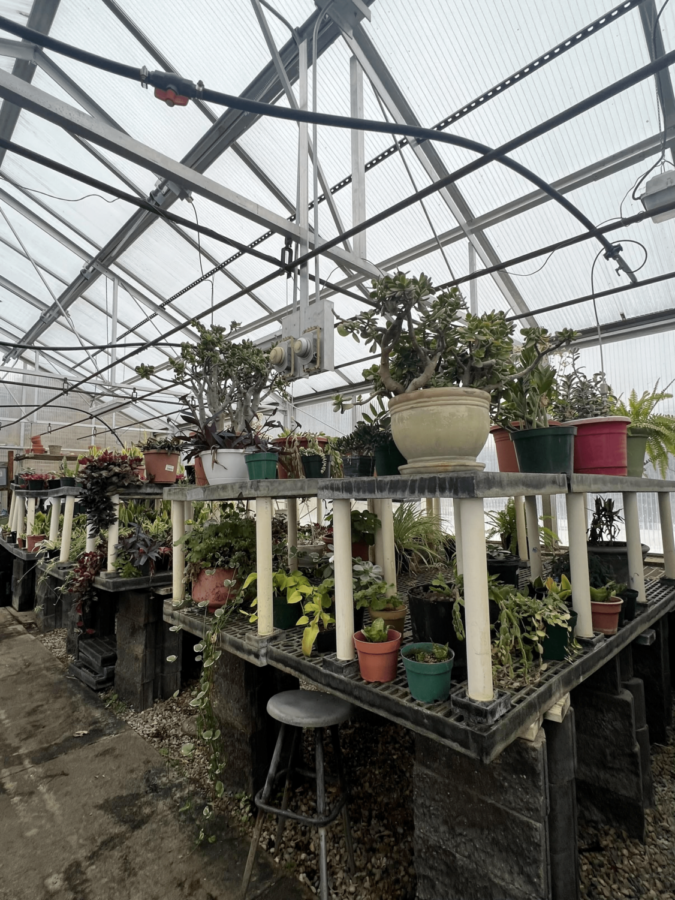













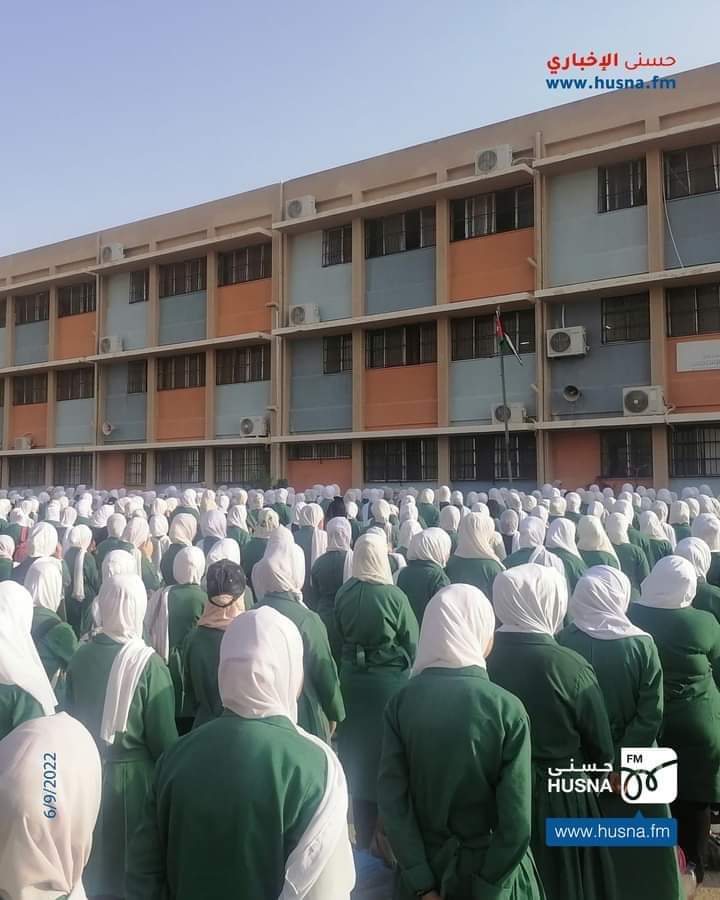




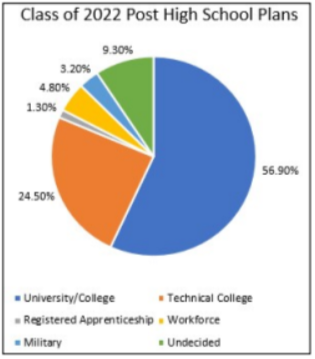
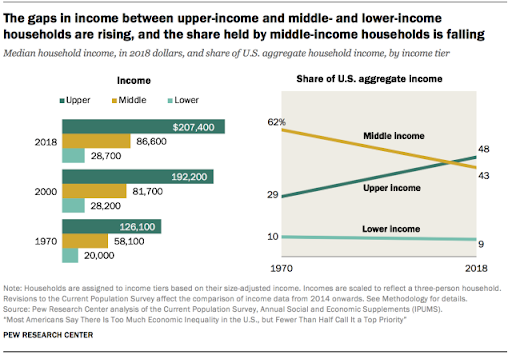
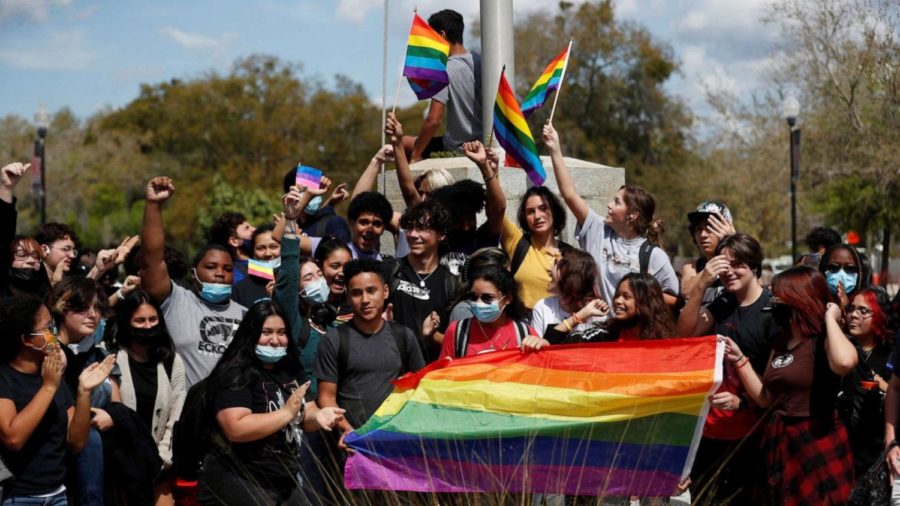
































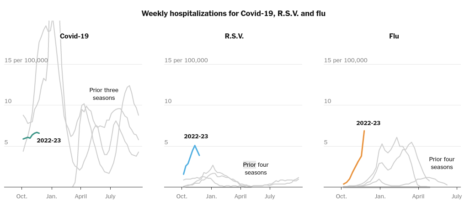



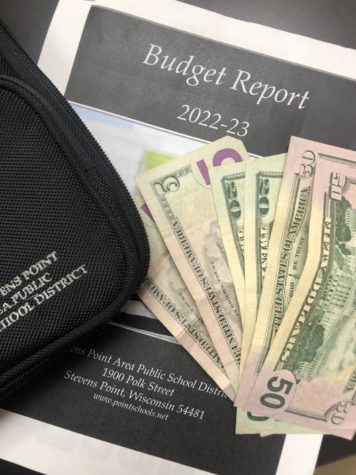
jakob glodowski • Nov 29, 2021 at 1:50 PM
Mark, the picture with the caption shows what these people are actually going through. There is a lot of good facts which helps me understand whats actually happening. also like how you stated what what the biden administration did to try to solve the problem.
adviser • Nov 8, 2021 at 12:01 PM
Mark, this is a smart, well-researched article. I am so glad you put it all together. You helped me even better understand the crisis and have organized your information phenomenally.